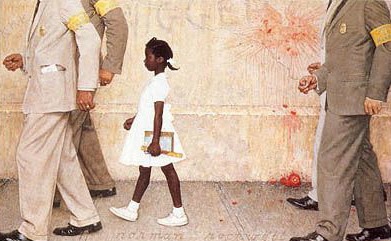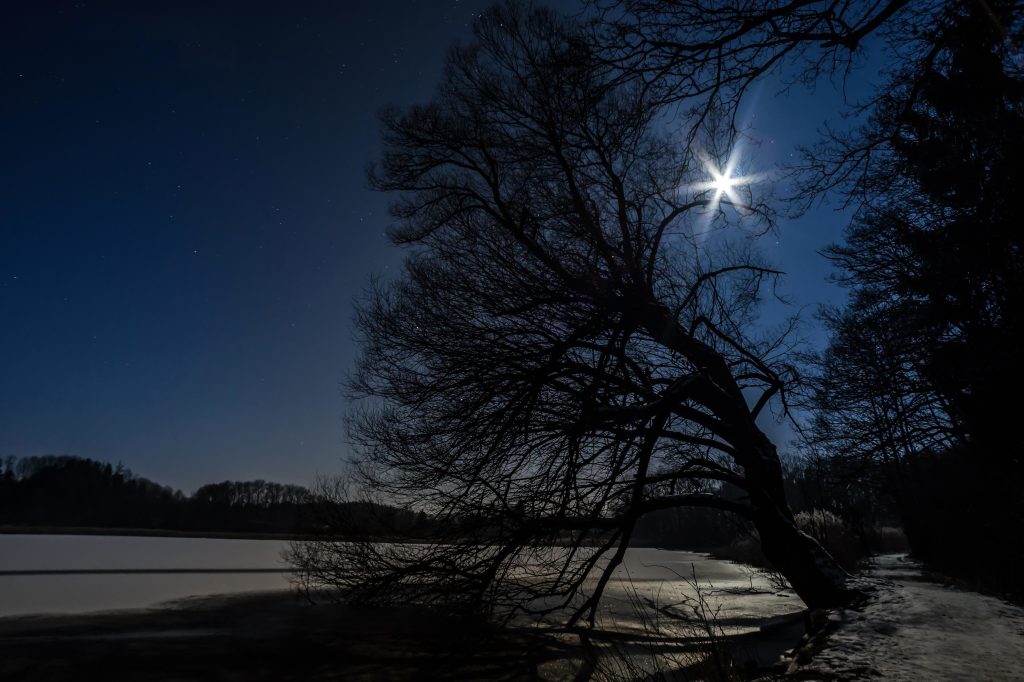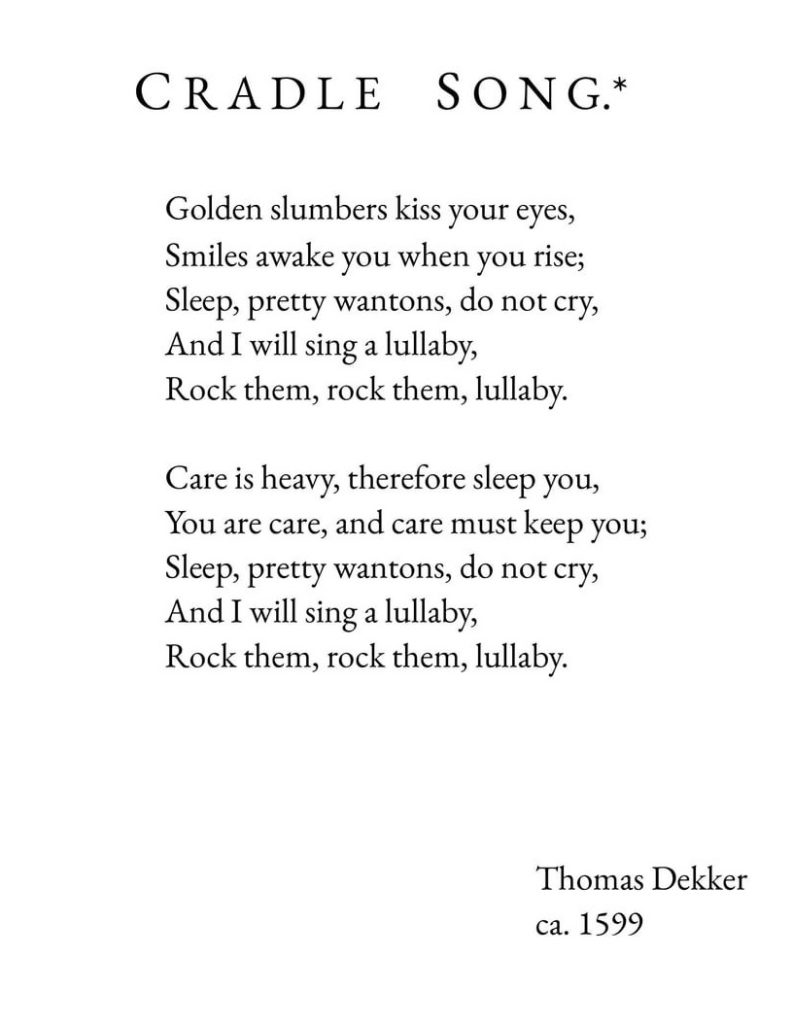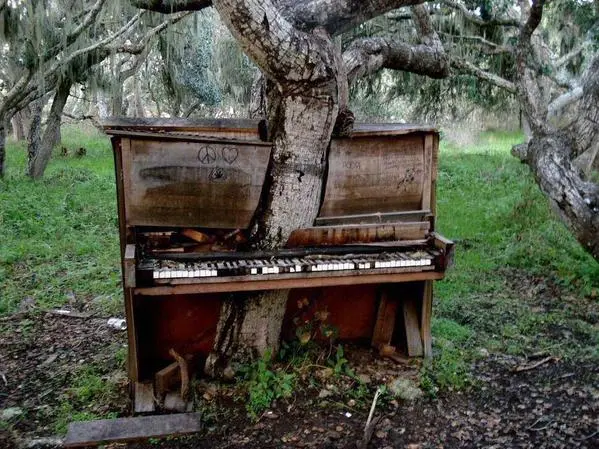
Today’s MLK Jr. service reflects on how the spiritual autobiography of our nation will be written, emphasizing how we listen, how we care for the next generation, how we respond to organized and normalized evil, and the importance of being open so we may serve a greater good. The piano selections for today’s service reflect these themes, naming pain, modeling courage, and inviting both reflection and action.
I began the prelude with a piano rendition of B.E. Boykin’s Stardust. While the music alone is gripping and powerful, it is the text and intention behind the music that is the most meaningful. In Stardust, the singers call for the following:
- “a home where we can run” in memory of Ahmaud Arbery, the young black man murdered in a 2020 hate crime.
- “a home where we can pray” in memory of the victims of the Mother Emanuel Church shooting
- “a home where we can breathe” in memory of George Floyd
- and a home “to sleep and dream without fear” in memory of Breonna Taylor.
Marcus J. Jauregui – conductor of the Pershing Middle School Treble Chorale Houston ISD and who commissioned this work – shared “When we sing, we pray twice [once with our voices, and again with our hearts], and it is my prayer that this piece stirs all who hear it to call for justice for people of color taken from this world before their time and without concern for their humanity.”
The prelude ended with the theme from To Kill a Mockingbird, a bittersweet piece that I’ve always felt conveys curiosity, lost innocence, and hope despite the ugliness in the world. The story of one good man, Atticus Finch, standing against the entrenched racism in his community, is so special to many of us, and is one of the rare instances of the film measuring up to the original book, as Gregory Peck and Mary Badham’s portrayal of the Atticus and Scout Finch pull at the heartstrings and are hard to forget. Though surrounded by fear and prejudice, Finch listens, teaches, and acts according to conscience, modeling moral courage in the face of hatred and injustice. This theme underscores the responsibility adults bear to model courage, empathy, and justice for those who come after us. By opening ourselves to see the world clearly and to respond to wrong, we honor those who have suffered and provide guidance for the next generation, showing how openness and moral action are inseparable.
Blowin’ in the Wind is a song that represents the sixties but has also been described as an anthem of the civil rights movement. R&B singer and civil rights activist Mavis Staples recalled in Martin Scorsese’s documentary No Direction Home that she was couldn’t believe how a young white man could capture the frustration and aspirations of Black people so powerfully. Soul singer and songwriter Sam Cooke was similarly impressed, making it a regular part of his repertoire soon after its release, and also shared that it inspired him to write his own civil rights anthem, A Change Is Gonna Come. The song asks us to listen deeply, be open to what we are asked to hear, and take responsibility to serve a greater good by refusing to ignore racism, honoring both the movement and the individuals whose lives have been affected by racial violence.
While Precious Lord, Take My Hand is included in the UU hymnal Singing the Living Tradition, it hasn’t been sung in Sunday services often. However, this felt like the perfect postlude for today’s service, as it was Martin Luther King Jr.’s favorite hymn. Its topics of exhaustion, grief, and fear – but also of courage! – was both comforting and inspiring for MLK, and he often asked Mahalia Jackson to sing the hymn at civil rights rallies. After his assassination, Jackson sang the song at his funeral, and in turn, Aretha Franklin sang it at Jackson’s own funeral. Originally composed after the death’s of composer Thomas Doersey’s* family, the song is a reflection on faith tested under pressure, reminding us that confronting entrenched inequality and hatred is difficult and wearying…but that we can still work toward a greater good and try to sustain justice, mercy, and care in the world. And because this was our postlude and meant to send folks off into the world, starting a new week, I made sure to play a more upbeat, blues-inspired arrangement of the song, because members of the UUFC love to dance their way out of the service!
*Not to be confused with bandleader Tommy Dorsey









